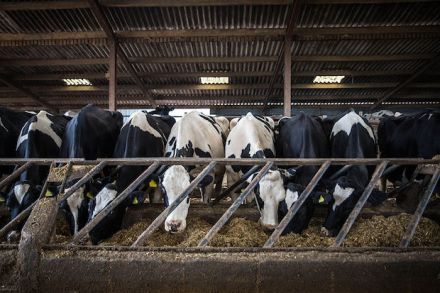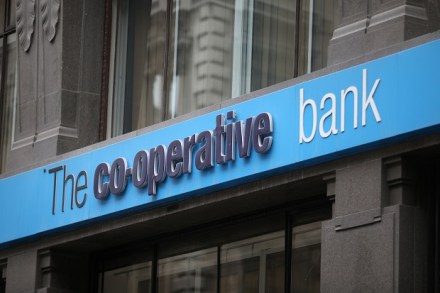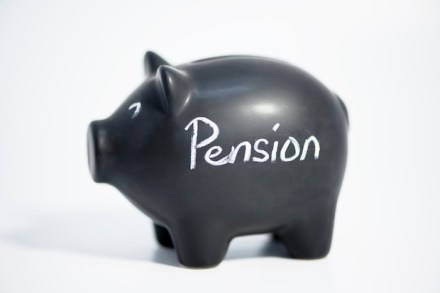How the economics of cow-milking can help explain Brexit | 1 August 2017
Writing about judicial appointments, I incautiously compared a silly interview question asking a judge to cite an example of when he had acted with integrity, to asking a farmer, ‘How many times a day do you milk your cows?’ Jamie Blackett, a farmer, writes to say that, in the 21st century, it is a question to which the answer reveals much. He explains. Farmer One milks his 50 cows only once a day. He follows the Norwegian system and makes a marketable green virtue of leaving the calf on the cow. He lives near rich people and sells them his artisan cheese and yoghurt. He voted Remain. Farmer Two milks




















